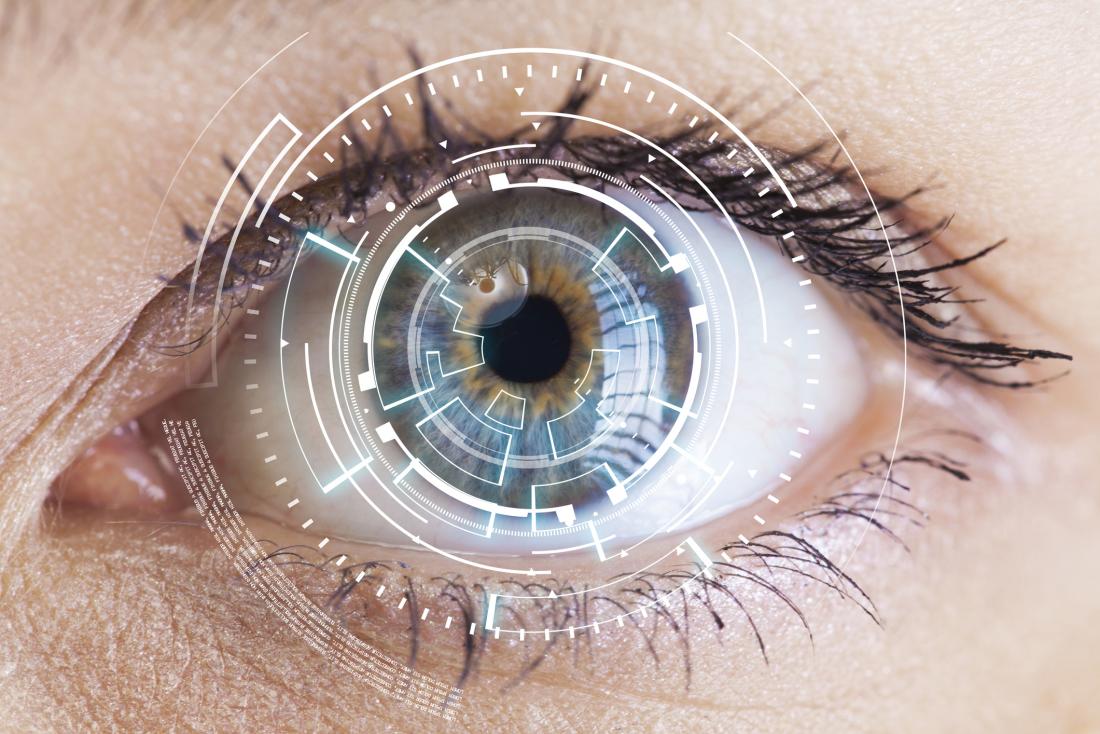Eye scan may detect Alzheimer's disease in seconds

Two new studies now suggest that a noninvasive eye scan could soon be used to catch Alzheimer's disease early.
The world's population is aging rapidly and the prevalence of Alzheimer's disease is on the rise.
For this reason, the need for efficient dementia screening methods that can be applied to millions of people is dire.
Current diagnostic practices are either invasive or ineffective.
For instance, brain scans are costly, and spinal taps — or lumbar punctures — are invasive and potentially harmful.
Specialists currently diagnose Alzheimer's disease using memory tests and by tracking behavioral changes. However, by the time that the symptoms appear, the disease has already progressed.
For these reasons, researchers are hard at work trying to devise newer and better diagnostic tools for Alzheimer's. For instance, some scientists are trying to use a "sniff test" as a way of assessing whether someone has dementia.
Now, researchers at Duke University in Durham, NC, say that Alzheimer's could be diagnosed in seconds just by looking at a person's eyes, and scientists at the Sheba Medical Center in Israel concur.
Two new studies presented at AAO 2018 — the 122nd Annual Meeting of the American Academy of Ophthalmology, held in Chicago, IL — show that Alzheimer's alters the fine blood vessels in the retina at the back of the eye.
Using an innovative and noninvasive eye imaging technique, the scientists maintain that they can distinguish between signs of Alzheimer's and signs of mild cognitive impairment (MCI), which is a condition that raises the risk of Alzheimer's but is not harmful in itself.
Dr. Sharon Fekrat, a professor of ophthalmology at Duke University, co-led the first study together with colleague Dr. Dilraj Grewal, an associate professor of ophthalmology at Duke University.
The second study was conducted by researchers at the Sheba Medical Center, and it was led by Dr. Ygal Rotenstreich, an ophthalmologist at the Goldschleger Eye Institute
